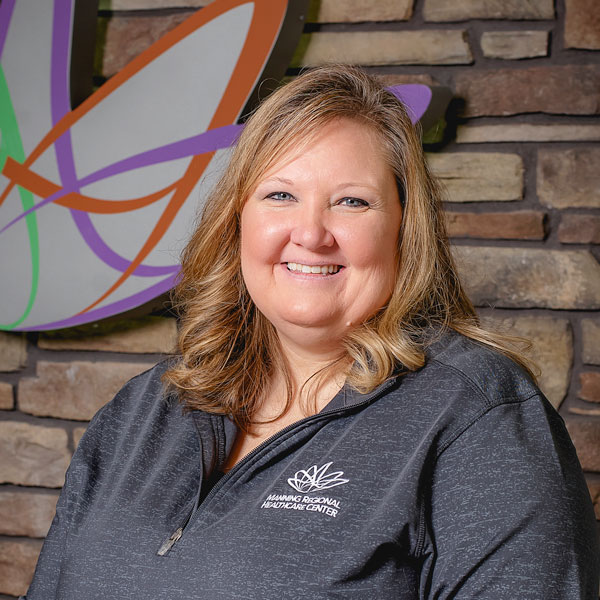By: Amy Hull, LISW (Therapist with Senior Life Solutions) 
As we continue into the long days of winter, I am reminded that so many of us face challenges: some because of the cloudy, cold, and grey days which trigger Seasonal Affective Disorder (SAD). Others because they face depression year-round and find the absence of loved ones difficult while having to pillage through snow, ice and frigid cold to travel. In addition, we are also navigating the protocols and restrictions of COVID, feeling political unrest, and learning how to make socially sensitive changes so that all members of our nation feel that they are accepted and valued. Much of this causes confusion, uncertainty, and isolation (spiritually, emotionally, and physically) for all ages, from our developing youth to the mature members of our community.
Knowing the signs and symptoms of clinical depression is helpful so that you can seek additional help from your primary care physician or contact a therapist/psychiatrist to manage the need for psychotropic medications.
Clinical Depression includes five of the following symptoms:
- Depressed mood most of the day, nearly every day
- Fatigue
- Difficulty concentrating or thinking
- Feelings of worthlessness, helplessness, hopelessness, sadness, or numbness
- Irritability
- Reoccurring thoughts of death
- Diminished interest in once pleasurable activities
- Significant weight loss or overeating
- Sleeping too much or too little
It is important to catch these symptoms early. If you are having at least two or three symptoms, ask for help immediately rather than trying to manage it alone and waiting. Seeking assistance early can prevent depression from progressing, and it can resolve the issue much quicker than if you allow the symptoms to become entrenched and multiply.
When faced with symptoms of depression, I encourage my patients to do the opposite of what depression is telling them. Feelings of depression often suggest that you should stay isolated, avoid socializing, eat more or less, sleep more, or avoid activities you once did. However, it is important that we connect with our friends and family using any means available including phone calls, Facetiming, sending care packages, or hand-written cards. One can’t help but feel good by engaging in activities that they once enjoyed, serving others through volunteer work, or simply helping a neighbor.
A few ways to counteract depression and sadness include helping others, exercising, interrupting or stopping negative thoughts, and getting fresh air and sunshine. These options will help you find the joy you once had both in activities and in interacting with others.
